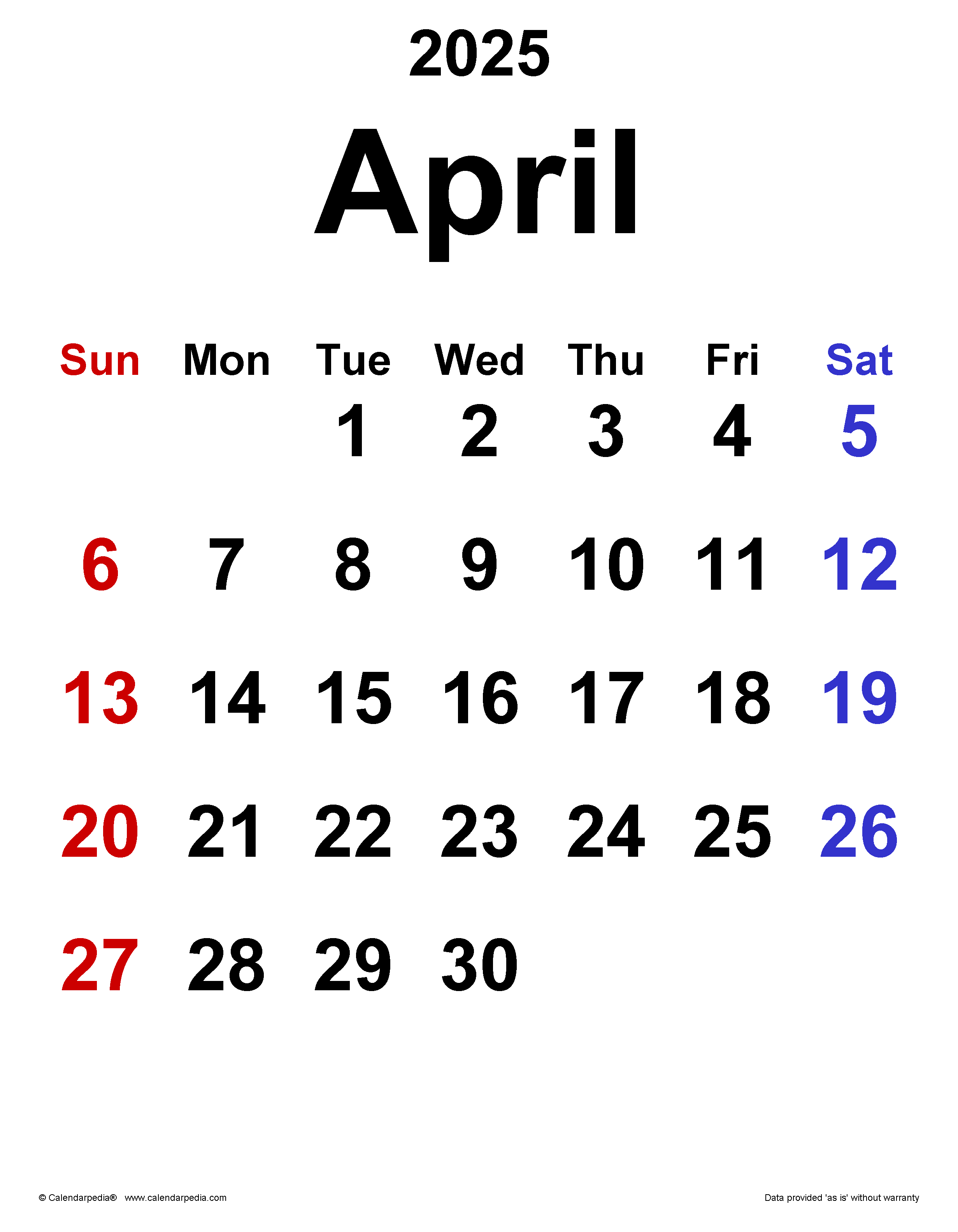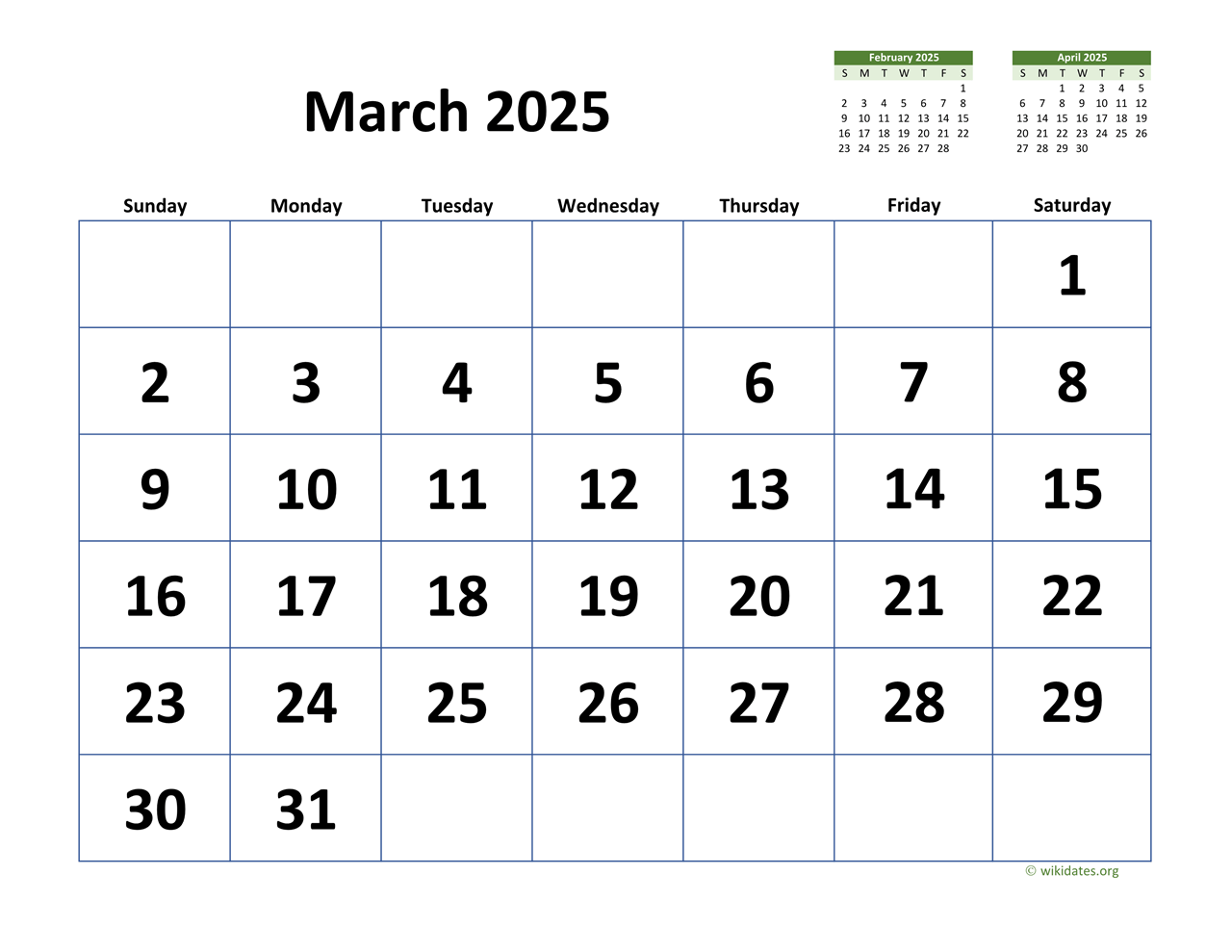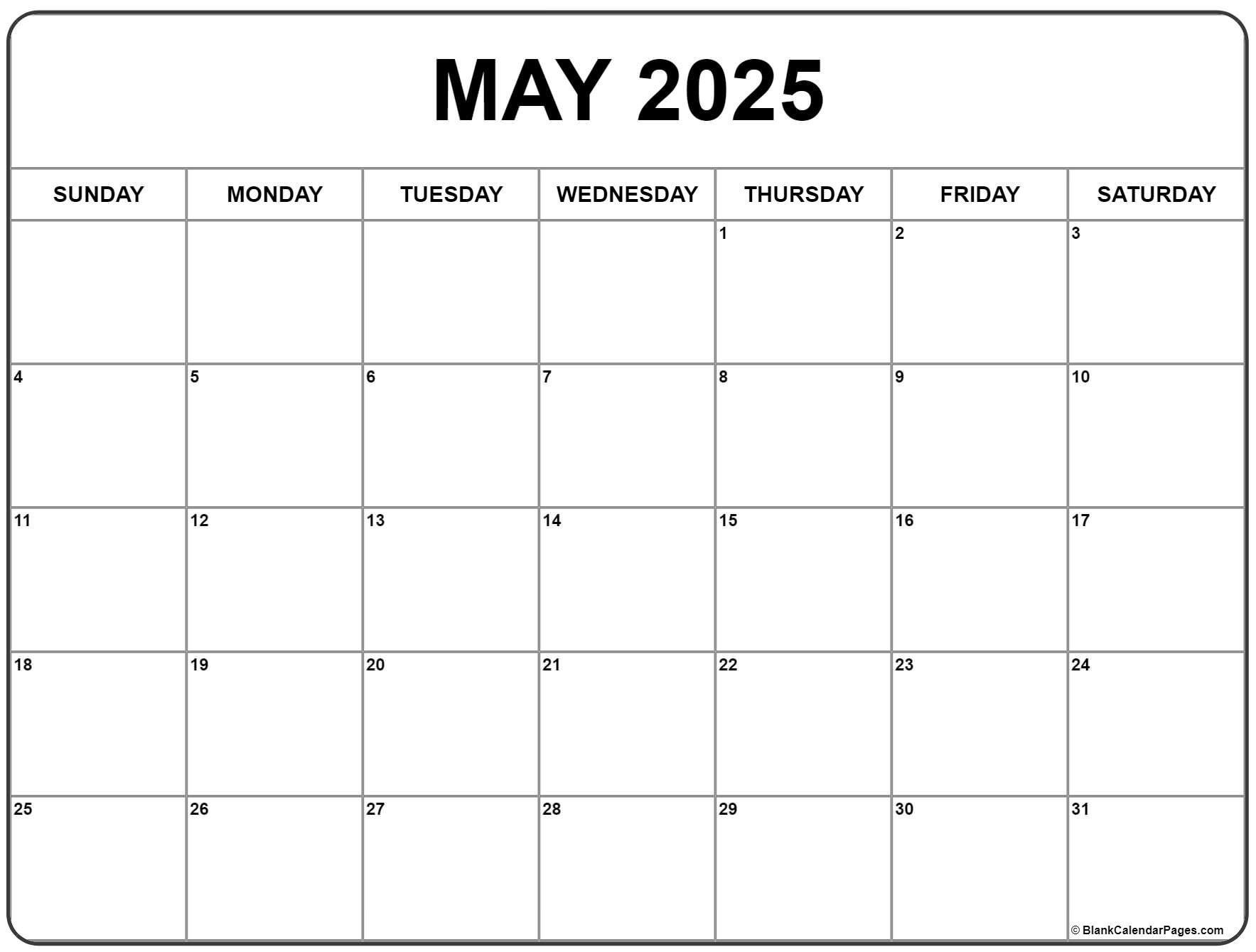Defining the Calendar Day: A Conclusive, Consequent, and Sure Exploration
Associated Articles: Defining the Calendar Day: A Conclusive, Consequent, and Sure Exploration
Introduction
With nice pleasure, we are going to discover the intriguing matter associated to Defining the Calendar Day: A Conclusive, Consequent, and Sure Exploration. Let’s weave attention-grabbing data and provide contemporary views to the readers.
Desk of Content material
Defining the Calendar Day: A Conclusive, Consequent, and Sure Exploration

The seemingly easy idea of a "calendar day" belies a shocking complexity. Whereas intuitively understood as a 24-hour interval, a better examination reveals nuances influenced by geography, tradition, and authorized frameworks. This text goals to supply a conclusive, consequent, and sure understanding of what constitutes a calendar day, exploring its numerous interpretations and implications throughout completely different contexts.
The Astronomical Basis:
At its core, the calendar day is rooted within the Earth’s rotation on its axis. A photo voltaic day, the time it takes for the solar to return to the identical meridian, is roughly 24 hours. Nevertheless, this isn’t a wonderfully constant measure as a result of variations within the Earth’s rotational pace. This astronomical foundation types the foundational layer for all calendar techniques, though the exact definition of a day varies relying on the chosen calendar.
The Civil Calendar Day: A Societal Assemble:
Whereas the astronomical day gives the underlying framework, the civil calendar day is a societal assemble, designed for sensible functions of group and scheduling. Most societies make the most of a 24-hour system, divided into two 12-hour durations (AM and PM), with a midnight transition marking the beginning and finish of a day. This conference, whereas seemingly common, will not be with out its variations:
-
Midnight vs. Midday: Some cultures or authorized techniques might outline the day beginning at midday as an alternative of midnight. This will considerably influence authorized interpretations of deadlines and contractual obligations. For example, a contract stipulating a deadline at "midnight" in a jurisdiction that defines the day beginning at midday may have a distinct interpretation than in a midnight-starting jurisdiction.
-
Time Zones: The Earth’s spherical nature necessitates the division into time zones. Because of this a calendar day begins and ends at completely different instances throughout the globe. A single occasion occurring at 10:00 AM in New York Metropolis can be recorded as occurring on a distinct calendar day in Tokyo, highlighting the relative, somewhat than absolute, nature of the calendar day. This distinction turns into critically vital in worldwide transactions, information synchronization, and world communication.
-
Leap Years and Leap Seconds: The Earth’s orbit is not completely common, requiring changes to the calendar to keep up synchronization with the photo voltaic 12 months. Leap years, with their further day, and sometimes, leap seconds, added to accommodate variations in Earth’s rotation, additional complicate the exact definition of a 24-hour interval. These changes are essential for sustaining the accuracy of astronomical observations and long-term scheduling.
Authorized and Contractual Interpretations:
The authorized and contractual definition of a calendar day carries vital weight, influencing the interpretation of deadlines, contractual obligations, and authorized proceedings. Courts usually take into account the precise context when deciphering the time period "calendar day," considering components comparable to:
-
Intent of the Events: In contractual disputes, the courtroom might look at the intent of the events concerned when figuring out the that means of a calendar day. Ambiguity within the contract’s wording may result in interpretations that favor the celebration that acted in good religion.
-
Particular Statutory Provisions: Sure authorized statutes might explicitly outline what constitutes a calendar day inside a specific context. These provisions can override common interpretations and supply a conclusive definition inside a particular authorized area.
-
Sensible Concerns: The sensible penalties of a specific interpretation are sometimes thought-about. For example, a courtroom may interpret a deadline extra leniently if a strict interpretation would result in unfair or unreasonable outcomes.
-
Exclusion of Weekends and Holidays: Contracts usually specify whether or not weekends or holidays are excluded from the calculation of calendar days. That is significantly related when deadlines are essential and excluding non-working days ensures ample time for completion. The precise holidays excluded might range relying on jurisdiction and cultural context.
Penalties of Ambiguous Definitions:
Ambiguity within the definition of a calendar day can result in vital penalties, particularly in industrial transactions and authorized proceedings:
-
Contractual Disputes: Differing interpretations of deadlines can result in pricey litigation, probably leading to breach of contract claims and monetary penalties. Clear and unambiguous language in contracts is essential to keep away from such disputes.
-
Missed Deadlines: A misunderstanding of the calendar day can result in missed deadlines, leading to penalties, misplaced alternatives, and even authorized repercussions. Exact timekeeping and cautious consideration of time zones are important to stop such conditions.
-
Knowledge Administration Challenges: Inconsistencies within the definition of a calendar day can complicate information administration and evaluation, significantly in worldwide settings. Standardized information codecs and clear conventions are mandatory to make sure information integrity and consistency.
Attaining Certainty:
To realize certainty in defining and using the calendar day, a number of methods could be employed:
-
Specific Definition: Contracts and authorized paperwork ought to explicitly outline what constitutes a calendar day, together with the beginning and ending instances, the inclusion or exclusion of weekends and holidays, and the relevant time zone.
-
Standardization: Worldwide standardization of calendar conventions and time zones can reduce ambiguity and facilitate seamless world communication and transactions.
-
Technological Options: Subtle timekeeping techniques and software program can help in precisely calculating and managing deadlines, minimizing the chance of errors and disputes.
-
Authorized Counsel: Looking for authorized counsel to interpret complicated authorized provisions referring to calendar days can present readability and keep away from potential disputes.
In conclusion, whereas the idea of a calendar day seems simple, a deeper evaluation reveals its intricate nature. Its definition is influenced by astronomical ideas, societal conventions, authorized frameworks, and cultural norms. Attaining a conclusive, consequent, and sure understanding of the calendar day requires cautious consideration of those various components, emphasizing clear communication, exact definitions, and the utilization of applicable technological and authorized assets. Ignoring these nuances can result in vital penalties in numerous points of life, from private scheduling to complicated worldwide transactions. The seemingly easy calendar day, due to this fact, deserves an intensive and nuanced understanding to make sure correct and dependable utilization throughout all contexts.








Closure
Thus, we hope this text has supplied useful insights into Defining the Calendar Day: A Conclusive, Consequent, and Sure Exploration. We admire your consideration to our article. See you in our subsequent article!